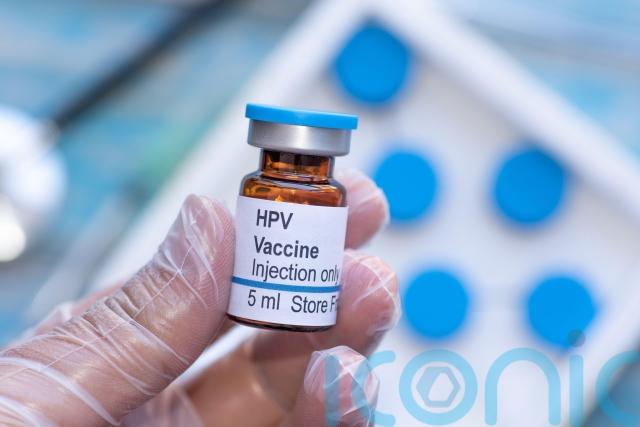
A self-screening project for cervical cancer aimed at women in the most deprived parts of Scotland and trans men has been awarded £1.3 million.
Cervical cancer can be prevented with screening for a virus, and since 2008 girls aged 11-13 have been eligible for the human papillomavirus (HPV) vaccine which protects against around 90% of cervical cancers.
Researchers from the University of Aberdeen will lead a project, funded by Cancer Research UK, to find new ways of reaching women least likely to engage with cervical screening and who are at the greatest risk of dying from cervical cancer, typically in deprived parts of Scotland, due to embarrassment, or fear of a painful test.
Cancer Research UK believes widespread screening could effectively eliminate the “preventable” cancer.
Data from Public Health Scotland shows women in the most deprived areas of Scotland are twice as likely to develop the disease and three times more likely to die from it, than those in more affluent areas.
Screening is needed to detect pre-cancerous cells, particularly for people who did not receive the vaccine in childhood.
The project will assess the effectiveness and cost efficiency of three methods to reach under-screened women in GP practices, with the highest proportion of patients from deprived areas, as well as those living in remote and rural areas.
The first method offers a self-sampling kit to women who are overdue screening and visit the GP surgery for another reason; the second will trial a text service offering self-sampling which can be returned by post; and the third will involve a nurse calling women to understand barriers to screening and offer the option of self-sampling, which will also be sent and returned by post.
Women can conduct the test without the assistance of a medical professional in the AYEScreen project, which addresses factors such as lack of time, or childcare issues.
Dr Sharon Hanley, a cancer epidemiologist at the University of Aberdeen, said: “Cervical cancer is different from many cancers in that it can be detected and treated in the pre-cancerous stage. This is why getting screened regularly is so important.
“However, since the screening programme targets healthy individuals, many women may not feel the need to attend or for what might be an embarrassing or uncomfortable test.
“In recent years the test has changed. In the past it was necessary to take samples from a specific part of the cervix to look for abnormal cells, now we look for the virus that causes these abnormal cells and the virus can be found in vaginal samples. This makes self-sampling possible. However, more research is needed on the best way to offer self-sampling.

“We would also like to include trans men in the study as they are historically under-served and might be more willing to participate in self-sampling than attend for a test by a medical professional.
“AYEScreen is about empowering those most marginalised in society to make informed choices, including those who could face discrimination and are disproportionately disadvantaged, and help protect them from a highly preventable cancer.”
Cancer Research UK senior heath information manager Claire Knight said: “We are delighted to provide funding for this vital research. Cervical screening is a proven way to prevent cancer and stop the disease in its tracks.
“But some people face barriers to accessing the potentially life-saving test, like finding the test painful or embarrassing, and trials like this bring us closer to ensuring that everyone can benefit from screening health interventions.
“By offering an alternative to the standard GP appointment for people who haven’t taken up their invitation, self-sampling may help to address some of these barriers, and in turn tackle health inequalities.
“If coverage of cervical screening and HPV vaccination increases, it’s possible that we can reduce cervical cancer to the point where almost no-one develops it. Further research is now needed to better understand the accuracy of self-sampling and how it can be effectively rolled out to benefit more people.”
It is hoped the research will provide an evidence base to inform future Scottish Government policy, and a nationwide rollout of self-sampling alongside the current screening programme.
Subscribe or register today to discover more from DonegalLive.ie
Buy the e-paper of the Donegal Democrat, Donegal People's Press, Donegal Post and Inish Times here for instant access to Donegal's premier news titles.
Keep up with the latest news from Donegal with our daily newsletter featuring the most important stories of the day delivered to your inbox every evening at 5pm.